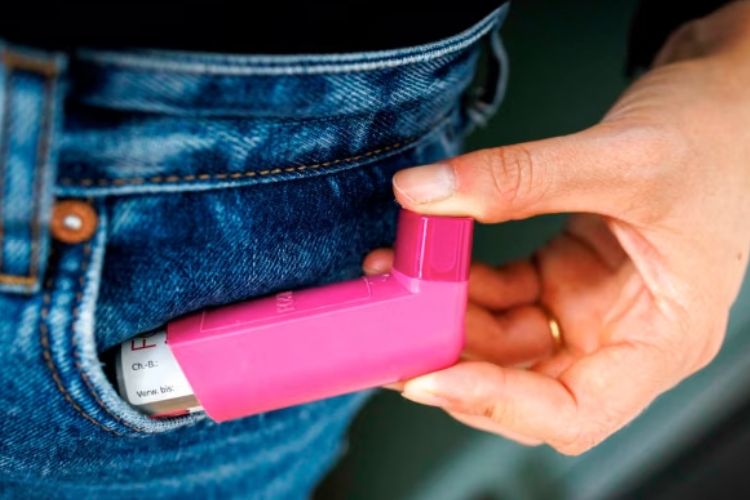In a significant move towards sustainable healthcare, pharmaceutical industry leaders are spearheading efforts to reduce the environmental impact of metered-dose inhalers (MDIs). This motion, highlighted by CiPPPA and its members, showcases the industry’s commitment to combining patient care with environmental responsibility.
GSK and Chiesi at the Forefront
According to the article by Financial Times, two key members of CiPPPA’s Inhaler Action Task Force, GSK and Chiesi, are taking tangible steps to address the greenhouse gas emissions from asthma inhalers. These devices, while crucial for patient care, have been identified as a significant source of emissions in healthcare systems due to their propellant gases.
GSK, the maker of the widely used Ventolin inhaler, plans to start final trials on an improved gas propellant. This single change could potentially cut GSK’s entire carbon footprint by more than 40%, reduce emissions equivalent to 4.1 million tonnes of CO2, and affect tens of millions of asthma patients worldwide. Laura Clow, GSK’s medicine development leader, described this development as “absolutely single-handedly the biggest carbon saving we can make.”
In the article, Chiesi is also recognised as an active participant in developing pressurised inhalers based on less polluting propellants. This aligns with the industry-wide push towards more eco-friendly respiratory treatments, and Chiesi’s goals within CiPPPA.
Industry-Wide Movement
Other major players in the pharmaceutical industry are also making strides. For example, AstraZeneca is developing a low-carbon version of its Breztri inhaler, potentially reducing its greenhouse gas emissions by almost a fifth. The industry is also working on addressing international regulations aimed at curbing the use of hydrofluorocarbon (HFC) propellants.
This shift towards sustainable inhalers is expected to have far-reaching effects by significantly reducing healthcare-related greenhouse gas emissions, aligning with international rules and EU agreements to phase out HFCs, and maintaining effective treatment options while reducing environmental footprint.
As the pharmaceutical industry continues to innovate, the balance between patient care and environmental responsibility becomes increasingly achievable. CiPPPA members continuously demonstrate that sustainable healthcare solutions are not only possible but are actively being pursued by industry leaders.
Read the full article here, and get in touch with CiPPPA with any questions.
You can find out more information about the work being done by GSK to reduce the environmental impact of metered dose inhalers (MDIs) here.
Contact us about membership and supporting pharmaceutical packaging initiatives, and to find out how members of CiPPPA’s Inhaler Task Force are working together to promote and scale similar projects.

